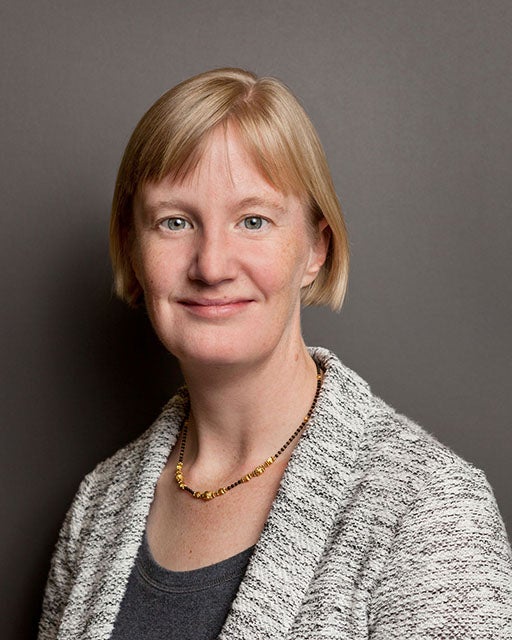As executive vice president of engineering at New Leaf Energy, clean energy expert Jacqueline Ashmore PhD ’03 spearheads efforts to develop solar, energy storage, and wind power technologies, with the goal of accelerating the transition to a more sustainable world. 
A report from the International Energy Agency in December 2022 forecast global renewable energy capacity will grow by 2,400 gigawatts in the next five years—for reference, that’s China’s current power-generating capacity, Ashmore explains. “There’s incredible momentum behind renewable energy expansion today,” she says.
The future of renewable energy is bright, but Ashmore recognizes there is much more work to do to ensure equity and inclusiveness through the lens of environmental justice. This means making certain that all people are equitably involved in environmental laws and policies as well as in the benefits.
Diversity, equity, inclusion, and belonging (DEIB) efforts are inextricably linked to sustainability, Ashmore explains. Low-income communities with a higher percentage of BIPOC residents bear the brunt of climate problems, such as exposure to pollution from fossil fuel plants and transportation, leading to negative health outcomes.
“There are substantial obstacles to people with lower incomes accessing the benefits of energy efficiency and renewable energy,” she says, “and women and BIPOC individuals are also underrepresented in the clean energy workforce.”
To better address these efforts in her field, Ashmore serves on the boards of several nonprofits that work to advance DEIB in the clean energy sector, including New England Women in Energy and the Environment, which empowers women in the industry through professional development; All In Energy, which helps ensure access to renewable energy in historically underserved communities while also building a diverse workforce; and Browning Green Space, which supports clean energy solutions through environmental justice and expands access to capital for energy entrepreneurs of color.
“What started me thinking about this were some of the challenges of gender equality, and that really goes back to my time in academia and engineering, realizing we still struggle to draw many women into that field and retain them,” she says. “It took me time to figure out how I could support underrepresented groups that were not women, groups I wasn’t part of and whose identity I didn’t share. But over time, I came to realize that I absolutely could and should support them, and I became really motivated to step up for people of color and other groups.”